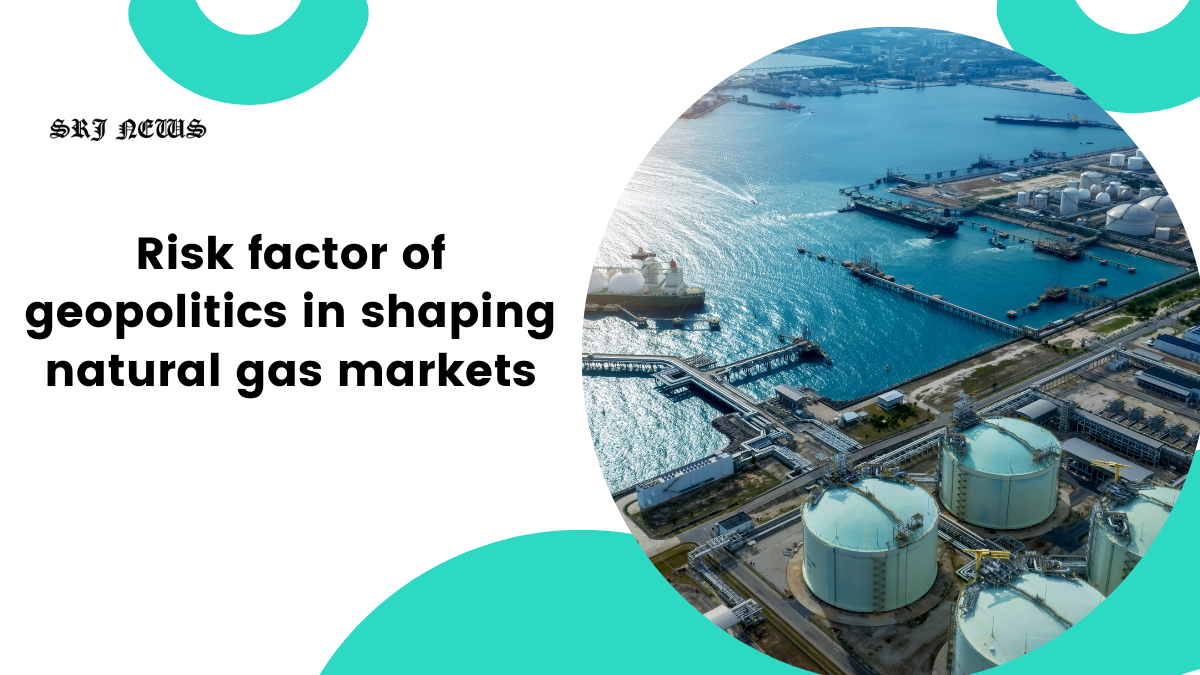
Geopolitical tensions still remain the most sensitive influence factors to natural gas markets in the next years which will affect the energy and gas trade.
It affected the QLD and Asian importer’s LNG supply from the Middle East as it caused the vessels to take long (and expensive) routes through the Red Sea and while LNG trade disappeared along the Red Sea. It did not lead to a real reduction in LNG supplies.
This would be a completely different story when it comes to the Strait of Hormuz because it handles about 20% of the LNG supply, and without access to the strait, there are no other ways of getting the LNG to market.
The risks of Piped gas transit via Ukraine still continue due to the ongoing full-scale war in Ukraine, and it is highly doubtful that a firm transit agreement will be made beyond the 2024 timeline.
Click here to get a detailed analysis of this news.
And, of course, the harm happening to the pipelines in the Baltic Sea (Nord Stream, Balticconnector), in northwest Germany (Schleswig-Holstein), reminds us of the fact that attention to infrastructure has to be improved.
As for the global gas market, we indicated its rebalancing in the 2023 and the demand growth outlook for the year 2024, however, geopolitics can easily reactivate market tensions, fluctuations of prices and start immediate supply issues (for example, in Egypt after Tamar’s shut in).
Under this unfortunate scenario, the security of gas and energy supplies should continue to be a policy priority, and the international dialogue between consumers and producers should be maintained.
RELATED ARTICLES
- Stock Market Today: Nifty Set for Bullish Start Amid Global Optimism, FII Inflows, and Macro Tailwinds
- Market Rally Outlook: All Eyes on Fed, Earnings Season, and FII Flows
- Trump’s Ceasefire Impact On Global and Indian Market Today
- Vodafone Idea Faces ₹363.28 Crore GST Penalty – Legal Battle Ahead?
- Electrotherm India Gets ₹33.67 Crore Relief in ED Case – Court Ruling Explained

